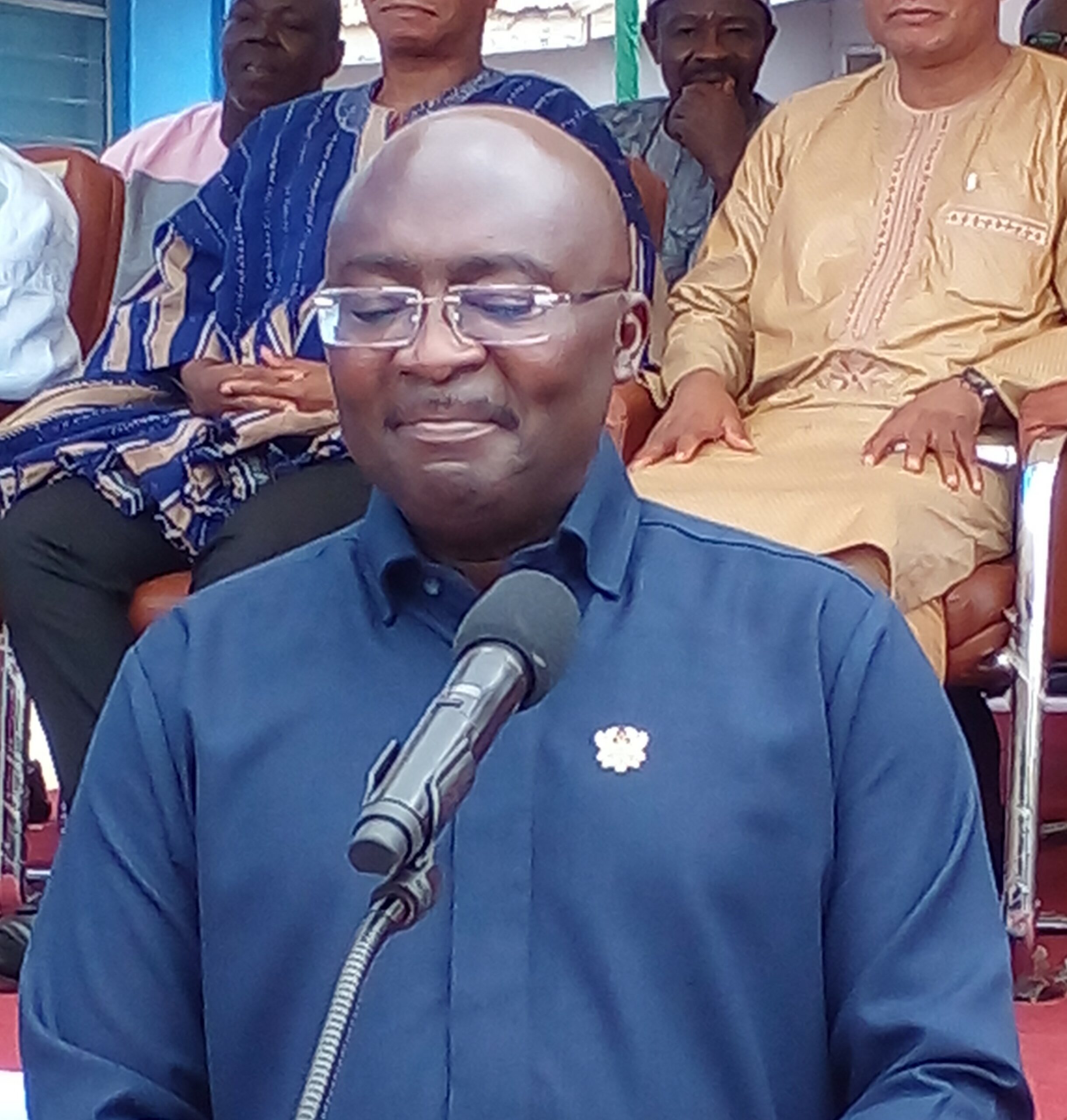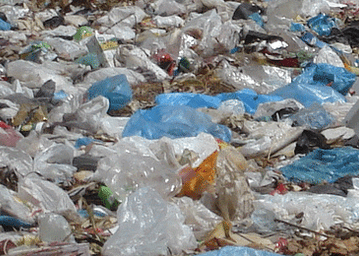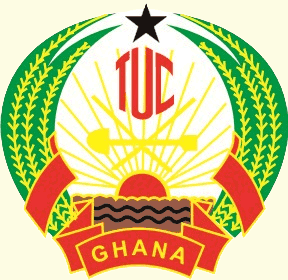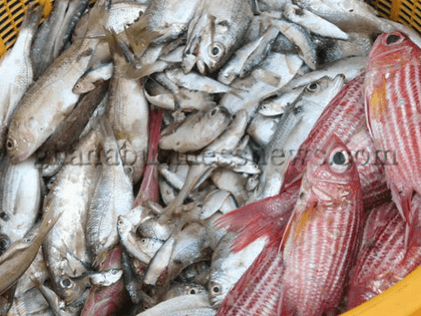
Scientists from Ghana are among 300 health scientists from Africa and other parts of the world who will gather at a landmark scientific gathering between July 15 and 17 in Dakar, Senegal.
The forum is showcasing ground-breaking research aimed at reducing Africa’s disease burden and creating healthier communities.
Scientific breakthroughs to be discussed at the meeting include progress being made on research towards an HIV cure and early detection tools for cancer and malaria.
The DELTAS Africa Scientific Conference, themed, ‘A critical mass: developing world-class research leaders’ will be the first in Francophone Africa, demonstrating The African Academy of Science’s commitment to break language and geographical barriers and help foster intra-African collaboration.
It is being organised through a partnership between the Senegal based DELTAS Africa network and related Francophone-based programmes including The Malaria Research Capacity Development (MARCAD).
“The conference represents a unique opportunity to demonstrate the value of investing in science and in training a critical mass of scientific leaders in Africa,” says DELTAS Africa Programme Manager Alphonsus Neba.
“DELTAS Africa is creating professional cutting-edge research environments that will be sustained long after the programme has ended and provide conducive environments to do great science,” he adds.
Among scientists from Ghana who will be profiled at the meeting are Emmanuel Amlabu, a Post-doctoral Fellow who is working on developing a malaria vaccine.
The convening will be the third Annual Grantees’ Meeting of The Developing Excellence in Leadership, Training and Science (DELTAS Africa) programme; a US$100 million programme of The African Academy of Sciences supporting the Africa-led development of world-class scientific leaders through health research support, training fellowships, mentorship, and investments in research infrastructure in 12 programmes spanning 21 countries.
Notable attendees will include the Father of Africa Genomics, Charles Rotimi from the National Institute of Health and the 2008 Nobel Laureate in Chemistry, Marty Chalfie.
DELTAS Africa’s goal is to produce a critical mass of new cadre health researchers and scientists who will be at the forefront of cutting-edge research, influencing local health policy and driving a locally relevant health research agenda for Africa.
The DELTAS Africa Scientific Conference will mark a major milestone in the run-up to this critical objective. Among the programme’s achievements to date:
- Close to?1,500 master’s, PhD and postdoctoral trainees, half of whom are women, have been recruited in the four years of the programme and have collectively published 493 papers in high impact journals
- With?close to 348 PhD and postdoctoral Fellows registered in institutions outside their home countries, the programme is also?promoting intra-Africa collaboration, which is important to mobilise?political support for research, to pool scant resources and?maximise?impact for shared challenges.
- The 12 ?programmes?have collectively attracted an additional 298 grants worth over $227 million and?received 153 prizes and awards worth $9.3million in recognition of their scientific excellence.
The meeting will also provide a platform for over 200 DELTAS Africa funded fellows and researchers – specifically Masters, PhD and Post-doctoral trainees from its 11 programmes spanning Kenya, Mali, Senegal, Côte d’Ivoire, Ghana, South Africa, Uganda, and Zimbabwe – to showcase scientific outcomes and likely impact of their health research.
Scientific breakthroughs to be discussed at the meeting include progress being made on research towards an HIV cure in South Africa, and efforts towards the development of a low-cost HIV drug resistance assay (70% lower cost - from $100-$200 to $40-$70), that could substantially reduce the cost of HIV drug resistance surveillance in Africa.
The gathering will also highlight successes such as the work in Mali of Dr Drissa Coulibaly, a MARCAD postdoc fellow and medical doctor specialising in parasitology, who is currently researching malaria distribution in time and space as a key element of guiding malaria control programmes across the continent.
PhD scientist Mohanad Mohamed in South Africa has used next-generation gene expression data to aid in early detection and classification of cancer outcomes in South Africa.
The implications for public health policy have been taken up by provincial health departments for early intervention and treatment of cancer cases with these gene markers.
“DELTAS Africa is supporting us to create the skilled manpower that Senegal and indeed, Africa needs to address health challenges that are contributing to an uneven global disease burden.
“We are proud to be part of the programme and are seeing the fruits of investing in science through the numbers of women and postgraduate trainees we have recruited and the impactful research they are conducting,” says MARCAD Director, Prof Oumar Gaye.
Read Full Story














Facebook
Twitter
Pinterest
Instagram
Google+
YouTube
LinkedIn
RSS